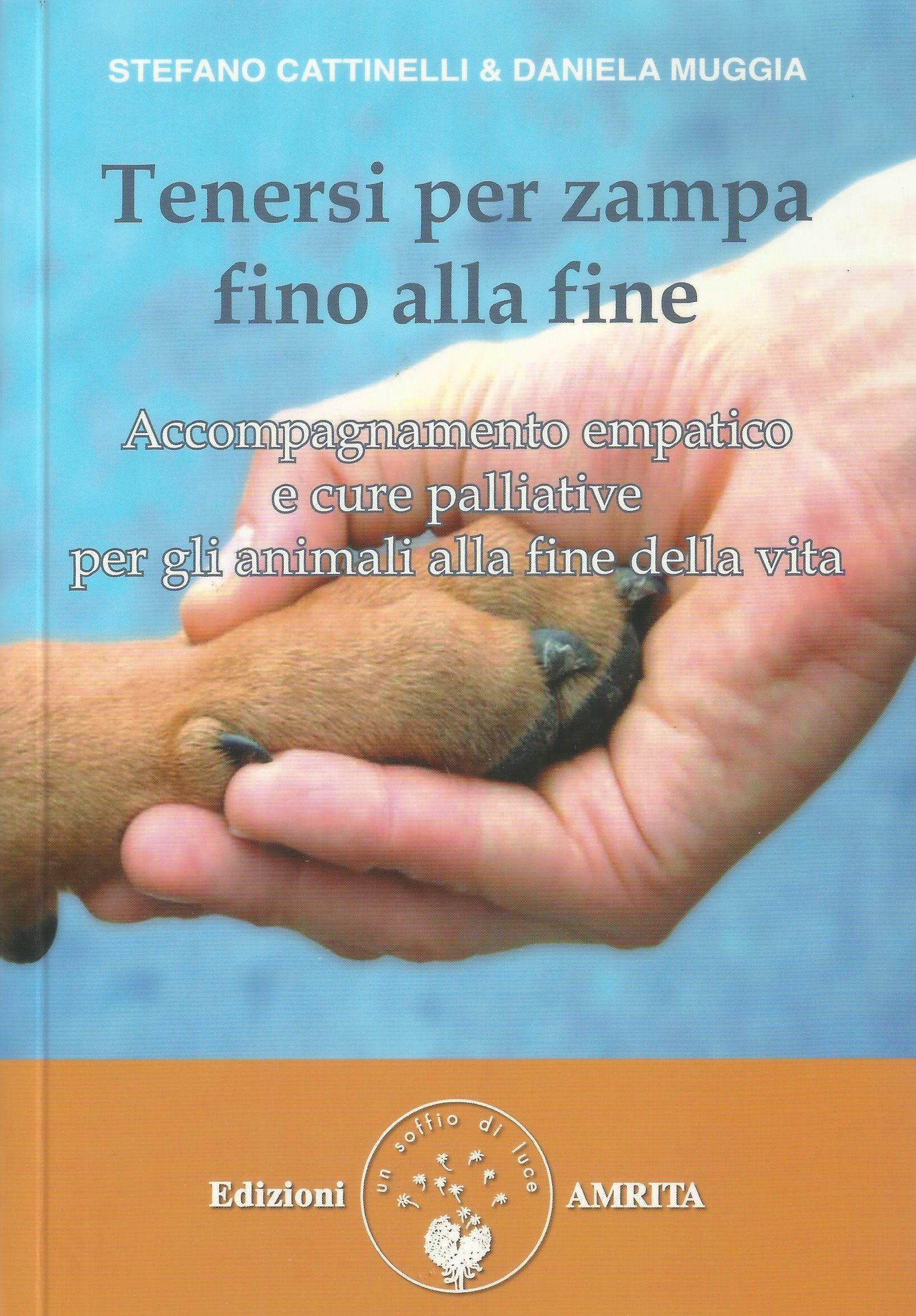EMPATHETIC ACCOMPANIMENT OF ANIMALS
The relationship we establish with an animal companion enriches our life and the knowledge we have of ourselves in an extraordinary way. The arrival of the end of its existence leads us to ask ourselves many questions and to live its loss painfully.
How to deal with this grief?
How can we accompany our friend in a wise and sensitive way?
In our anthropocentric society, the only solution proposed is simply the euthanasia of the animal in an attempt to reduce the time of suffering, which is unacceptable if directed at a human being. But we can look for other ways to allow him to leave this existence in the least painful way possible, surrounded by the love of his human friend and the entire family that welcomed him.
Twenty-four million Italians share their lives with an animal companion: a close and enriching emotional relationship. But what happens when the life of an animal friend comes to an end?
Is there palliative care for animals?
Is animal euthanasia always the only solution to prevent them from suffering?
Sometimes, when they leave us, that loss resonates with other losses: how can we deal with a pain that others don't seem to understand?
"Almost all relationships with an animal companion begin following events that mark some existential change: separations, divorces, bereavements, relational breakdowns with children, parents or spouse.
From that moment on, whether we are tired or nervous, sad, depressed, happy or carefree, our new friend will always come towards us wagging his tail or purring and the joy of the meeting will always prevail, beyond any judgment: it is unconditional love. We will be able to allow ourselves to be as we are without feeling obliged to wear a mask; a rare relationship, this... With the rest of the world, friends, relatives, work colleagues or acquaintances, spontaneity is forced to deal with precise social, hierarchical and cultural rules. But not with the animal!
The more we have been present in lovingly following the small big challenges that the animal asks us to live, the more we will be able to face the transformation of suffering that mourning entails; the more we have been compassionate with him, the more we will be compassionate with ourselves, allowing this pain to come out through sadness and tears, an objective sign that our relationship has been emotionally alive.
Unknowingly, animals guide us to mend relationships, to make decisions, to discover parts of ourselves that were hidden, but the outcome of this guidance depends on our state of empathic receptivity. Sometimes we are more open, sometimes less so, and the guiding function will have to continue over time (…)"
Excerpt from "Holding Your Paw Until the End. Empathic Accompaniment and Palliative Care for Animals at the End of Life" by Cattinelli Stefano and Muggia Daniela, Edizioni Amrita 2015.




